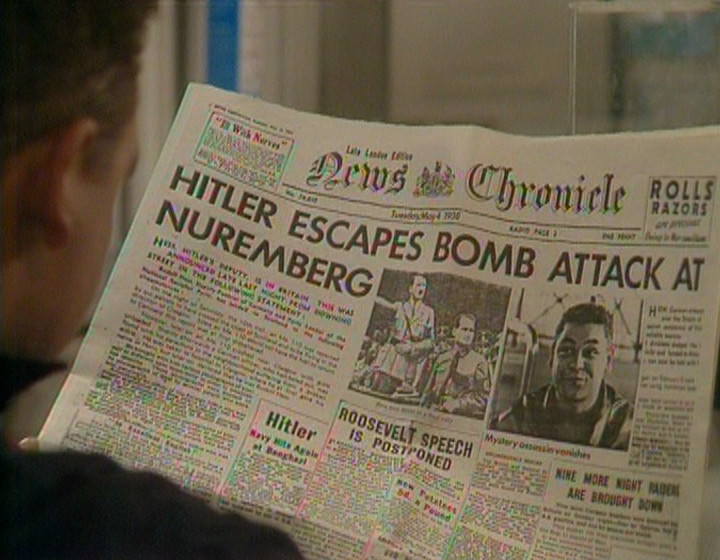What is the first thing that comes into your head when I say 2point4 children to you?
There is one obvious answer. “Great show, which never got the credit it deserved.” I’ve heard this said over and over in different ways. And I don’t think it’s wrong, per se.
But whenever I’ve talked about the show over the years – on Twitter and elsewhere – I’ve found something slightly different. So many people have told me that it was… erm, a great show, which never got the credit it deserved. Moreover, enough people watched it and loved it at the time that it managed to rack up eight series.
At some point, does it not stop becoming a great show which never got the credit it deserved, and merely become a great show?
Of such questions are comedy flame wars made. The answer, of course, is that it depends which people you hang around with. And it proves the risk of generalising about the kind of reaction to any given show. Among plenty of my friends, I’m not sure 2point4 children even needed any reappraisal when it was made available on iPlayer earlier this year. It got the right appraisal from them at the time.
If that isn’t a universal truth either, then we should be wary of trusting any one narrative of the show. There are a million of them.

